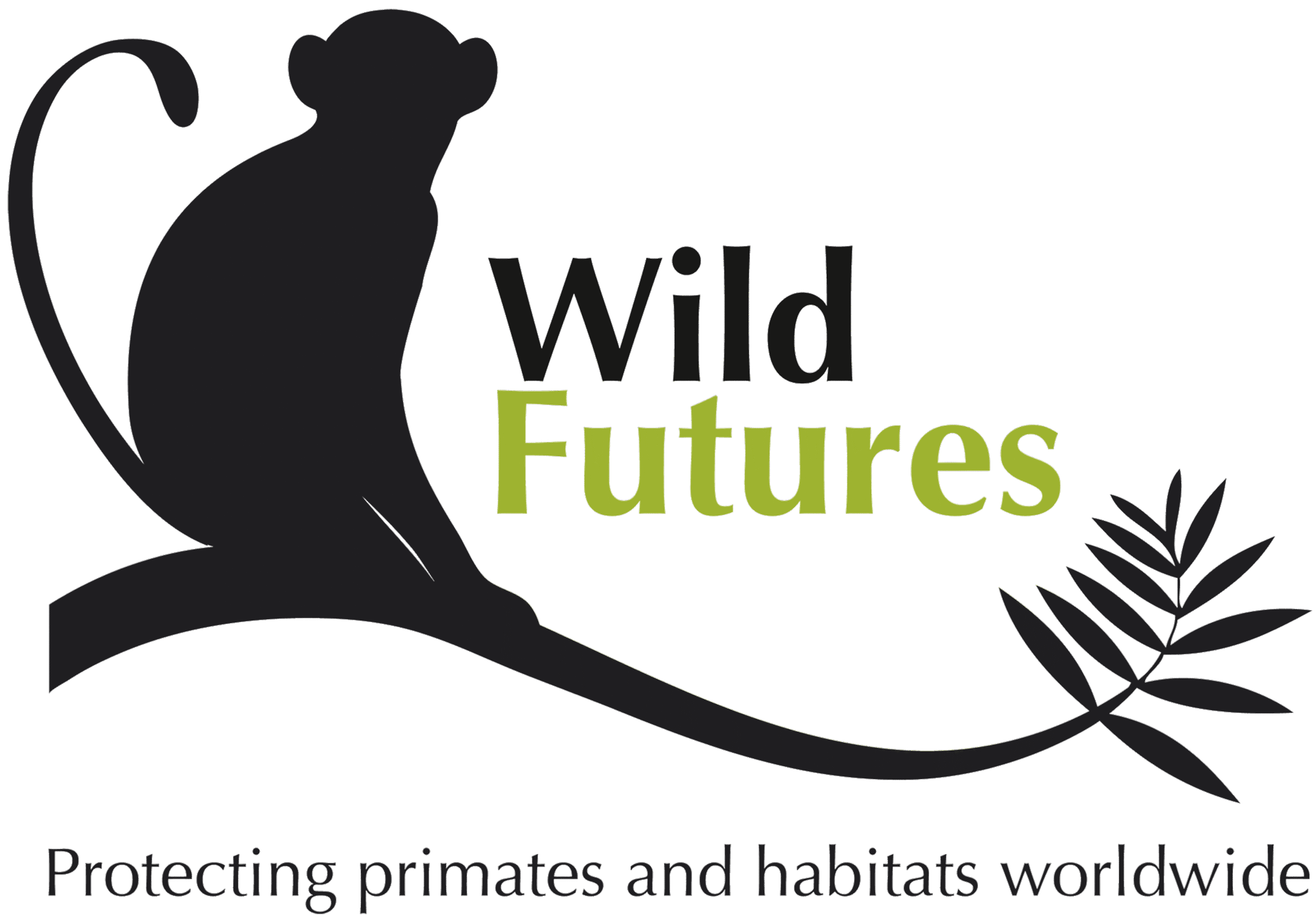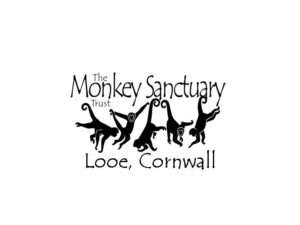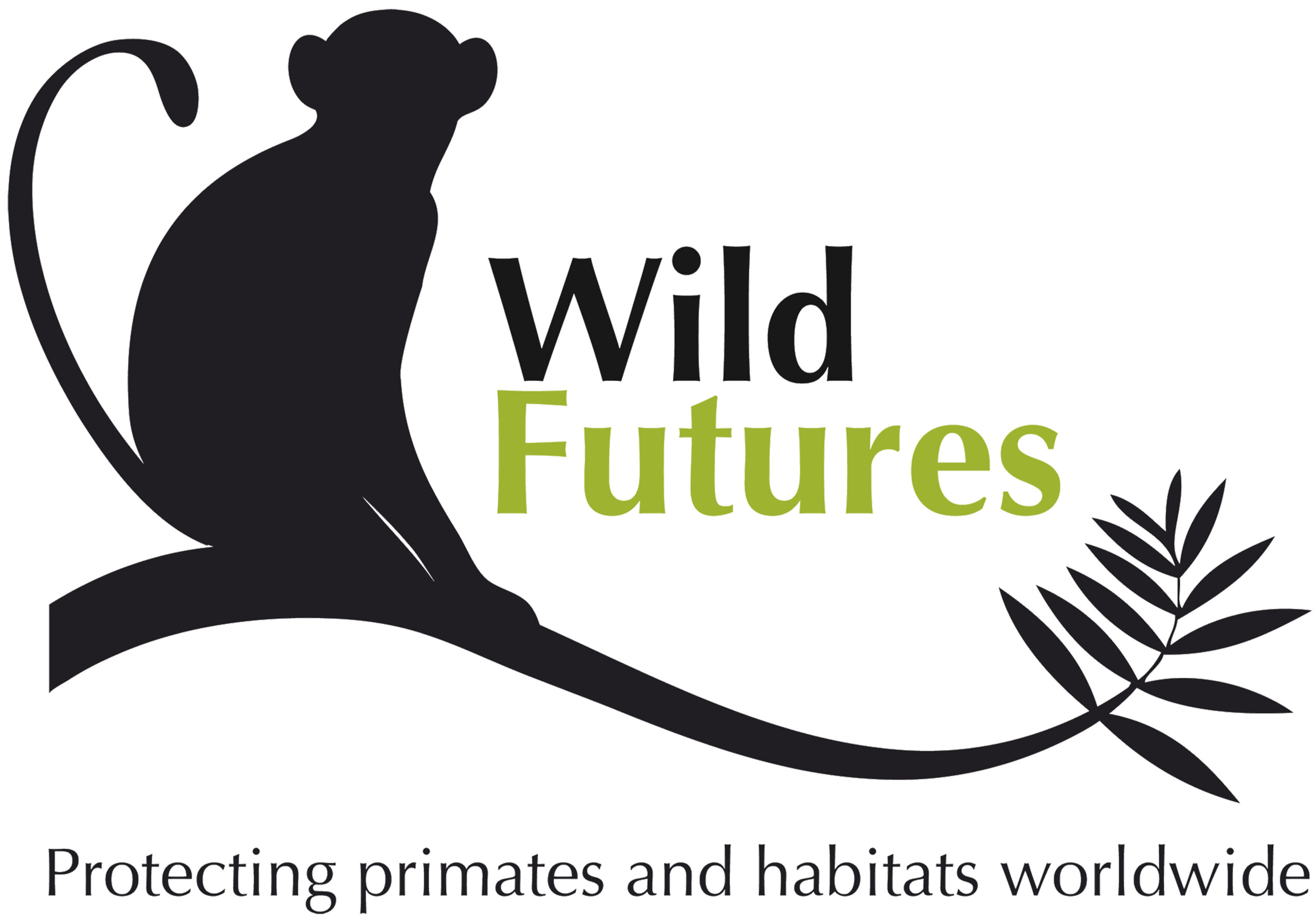About Wild Futures
Wild Futures is a registered charity founded upon six decades of experience as a leader in the field of primate welfare and conservation, environmental education and sustainable practice. We are committed to protecting primates and habitats worldwide, with the protection of non-human primates at the forefront of our work.
Our safe haven for monkeys rescued from situations of abuse and neglect is The Monkey Sanctuary in Cornwall, which has an international reputation for levels of care and innovative management techniques. We work closely with other organisations to lobby local and central government to bring about positive change for primates. We also support projects overseas with funding, practical assistance and advice and believe that education is vital in changing things for the better; educating more than 30,000 visitors and students on our work each year.
Our charity receives no government funding, so financial support is vital to allow us to continue our important work.

Our History






